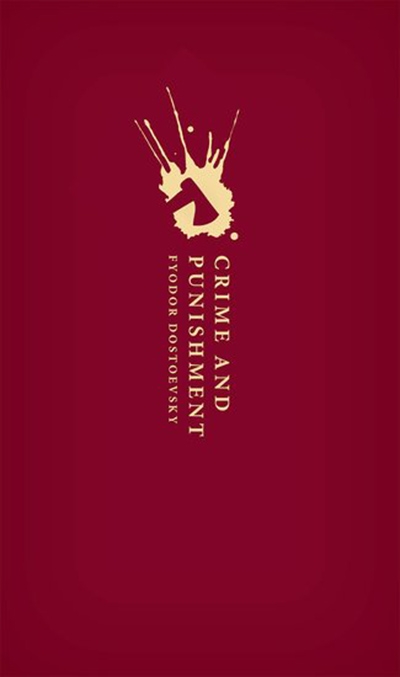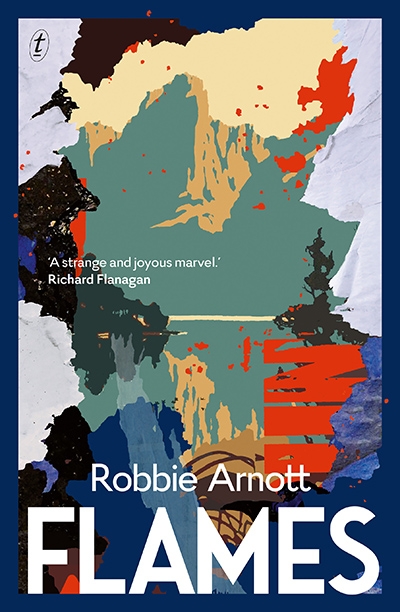Fiction
In 1969, in a quintessentially Australian town on the remote north-west coast, the locals prepare to celebrate their role in the moon landing. In 2000, as the townsfolk brace themselves for a cyclone, Lucky, this novel’s pink and grey narrator, uses transmissions from a satellite dish tuned to galah frequency to make sense of what ...
... (read more)Apple and Knife by Intan Paramaditha, translated by Stephen J. Epstein
by Lisa Bennett •















